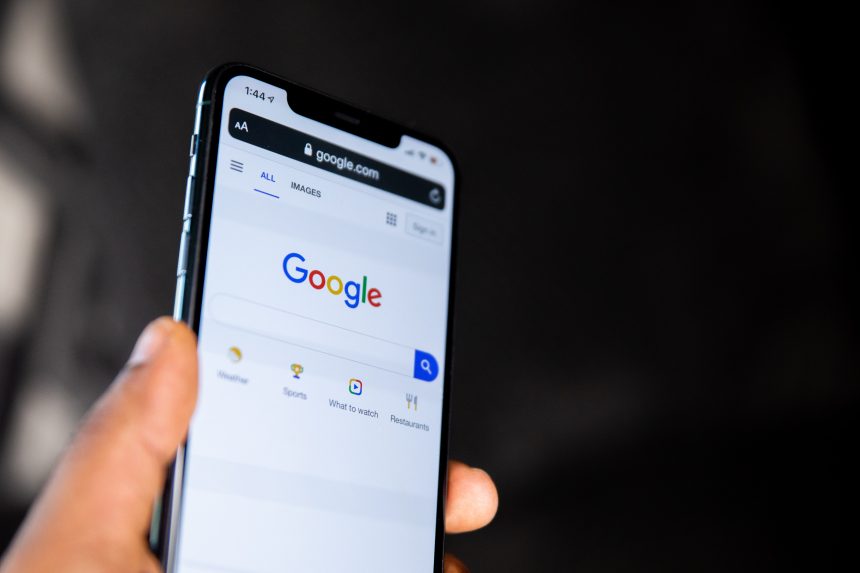[mc4wp_form id=”2320″]
Google and Africa
-
October 31, 2024
- Posted by: Evans Asare

Google and Africa: Google expands digital reach in Africa with new language and AI training initiatives. The tech giant is adding 15 African languages to its platforms, expanding Voice Search, Gboard’s talk-to-type, and Google Translate dictation.
Sub-Saharan Africa is positioned to undergo a digital transformation over the next decade; consequently, over half of its population is expected to gain internet access. Moreover, artificial intelligence has the potential to contribute $30 billion to its economy.
Recognizing the vast potential, Google has introduced initiatives to drive inclusive growth in the region.
Details
This week, Google announced two major programs in Nigeria and Kenya aimed at enhancing digital access and skills. As a result, the tech giant is adding 15 African languages to its platforms, which will expand Voice Search, Gboard’s talk-to-type feature, and Google Translate dictation.
The new languages on Voice Search and Gboard talk-to-type are Chichewa, Hausa, Igbo, Kikuyu, Nigerian Pidgin, Oromo, Rundi, Shona, Somali, Tigrinya, Twi and Yoruba.
On Translate, Chichewa, Hausa, Igbo, Oromo, Rundi, Shona, Somali, South Ndebele, Swati, Tigrinya, Tswana, Twi and Yoruba are now available for voice input.
These additions include widely spoken languages such as Hausa, Twi, and Yoruba, and are expected to enable 300 million more Africans to engage with the web in their native languages. Consequently, this initiative will foster greater inclusivity and accessibility for diverse communities across the continent.
Digging Deeper
Additionally, Google.org has committed $5.8 million towards AI and cybersecurity education across Sub-Saharan Africa.
The funding will support initiatives like the Data Scientists Network Foundation, which will train vulnerable Nigerians in digital and AI skills, and a collaborative project with the Raspberry Pi Foundation to promote AI literacy for youth in Kenya and Nigeria.
Read also: Google AI systems make headway with math in progress.
